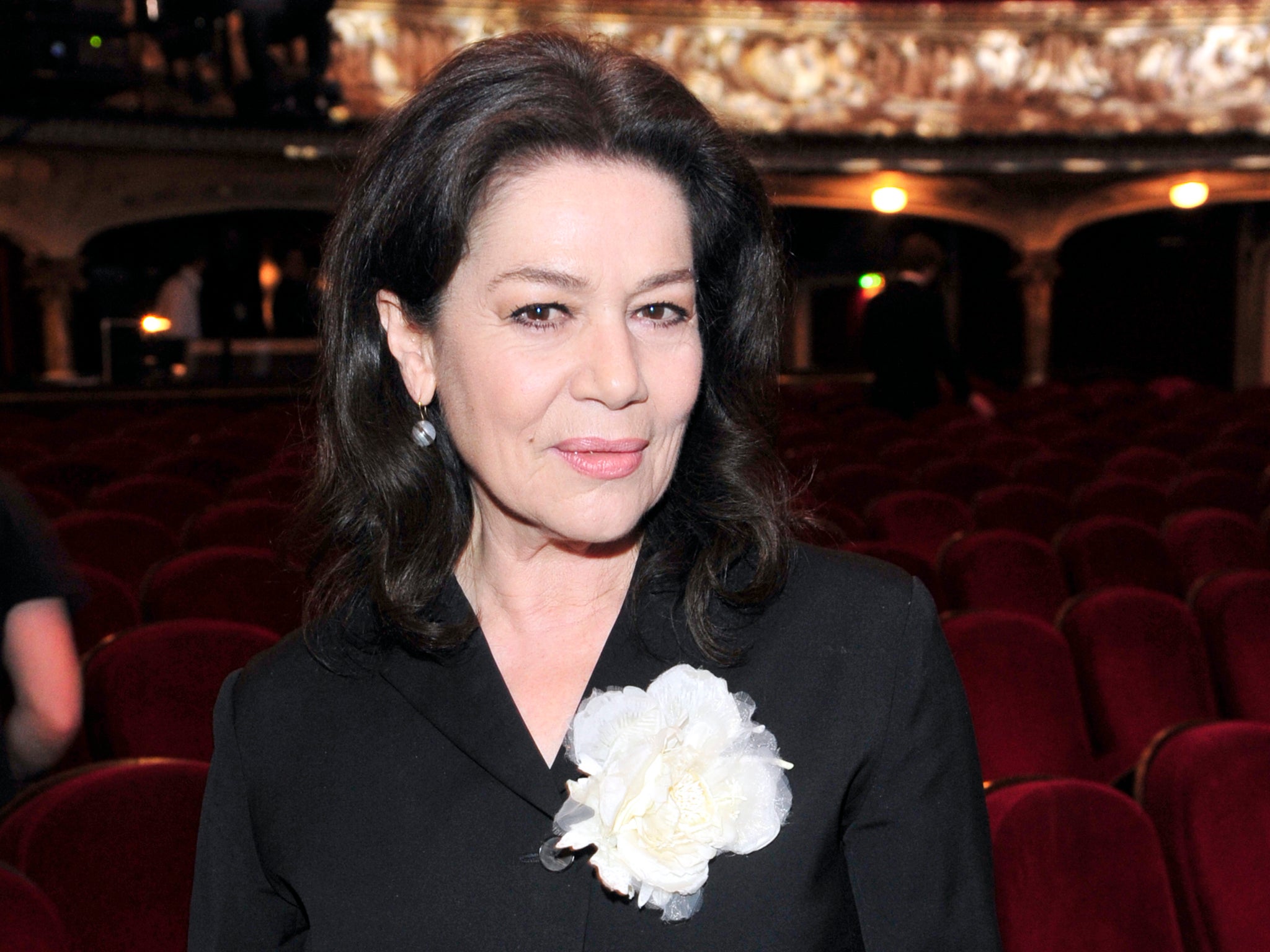Hannelore Elsner: Acclaimed German actor and Aids campaigner
Elsner cemented her place as one of the country’s biggest stars with her role as a tough-talking cop in ‘The Commissioner’

Hannelore Elsner’s career took in more than 200 roles and crossed genres, from arthouse cinema to popular television, so it probably helped that she was a self-confessed workaholic.
Her longest-running role, from 1994 to 2006, was as police detective Lea Sommer in the hit German series Die Kommissarin (The Commissioner). The production helped her to cement a place as one of Germany’s biggest stars and paved the way for more female actors to land strong and influential roles which had been traditionally reserved for men.
Since her death on 21 April at 76 years old, she has been described in German newspapers as a national institution, “wild, seductive and independent”. Her death was announced by her son, photographer Dominik Elstner, on his website.
Elsner’s childhood was deeply marked by the Second World War. Although she was born in Germany in July 1942, in Burghausen, a town close to the Austrian border, she was raised by her mother in the nearby town of Altotting after her five-year-old brother, who was just two years older than her, was killed by an air raid at the end of the war. Her father, an engineer by profession, died of tuberculosis when she was just eight years old.
Her mother worked several jobs to support her and a few years after, they found themselves in Munich. By this point, Elsner – who described herself in her memoir as a wild teenager with “no time for hypocrisy” – changed schools several times until, aged 16, she was discovered by a young Turkish director while walking down the streets of Munich. She was cast in the film he was working on and he offered to pay for her training as an actor.
She would attend the Munich School of Acting and by the time she graduated in 1962, she had already appeared in two films: Freddy Under Strange Stars, opposite the popular actor and singer Freddy Quinn, and Always the Girls, both released in 1959.
For the next two decades she would land film and TV roles, mostly in light comedies and romantic dramas. It wasn’t until the 1970s that she became associated with New German Cinema, a period influenced by the neighbouring French New Wave that saw the emergence of a new generation of directors.
In 1975, she would gain international recognition for her role as Marlit Berlinger in the acclaimed film The Outsider, directed by Alf Brustellin and Bernhard Sinkel. After meeting Brustellin in 1973, Elsner became his muse and was married to him until his death in a car accident in 1981.
Later that same year she would have a son with director Dieter Wedel, although she would raise the child on her own. Elsner was married three times: to actor Gerd Vespermann from 1964 to 1966, to Alf Brustellin from 1973 to 1981 and to theatre director Uwe B Carstensen from 1993 until their divorce in 2000.
But that year she played the lead role in No Place to Go, shown at the Cannes Film Festival. Her performance earned her awards for Best Actress at the Deutscher Filmpreis (German film awards) and the Bavarian Film Awards, and a German Critics’ Prize. She was also awarded Germany’s Federal Cross of Merit in 2005 for her Aids campaigning work.
Her latest movie, Cherry Blossoms and Demons, was released in March. The film’s director, Doris Dorrie, said after Elsner’s death: “For me, Hannelore Elsner was a great adventure, who has plunged into every role and life with curiosity, dedication and bravery. I will miss her very much.”
Hannelore Elsner, actor, born 26 July 1942, died 21 April 2019
Join our commenting forum
Join thought-provoking conversations, follow other Independent readers and see their replies
Comments
Bookmark popover
Removed from bookmarks